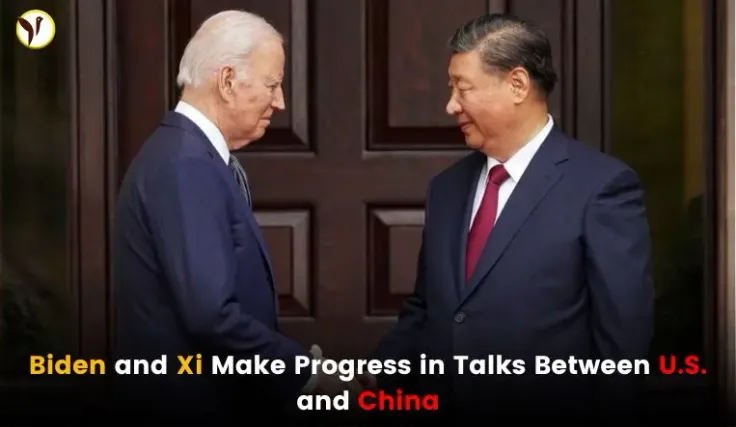In a pivotal four-hour meeting on the outskirts of San Francisco, U.S. President Joe Biden and Chinese leader Xi Jinping reached key agreements to strengthen bilateral ties.
The leaders agreed to establish a presidential hotline, resume military-to-military communications, and address concerns in areas such as human rights, detained U.S. citizens, and China's activities in the South China Sea.
Notably, both leaders committed to direct and open communication, with Biden emphasizing their ability to pick up the phone and be heard immediately. The resumption of military contacts, severed by China after a contentious visit to Taiwan in 2022, was a focal point.
Biden urged the institutionalization of military-to-military dialogues, seeking to avoid potential military clashes.
Read, The Future of Salaries: Predicting Trends and Preparing for Change
In a significant move, the leaders also addressed the fentanyl crisis, with China committing to curb the production and export of fentanyl-related items, a major cause of drug overdoses in the United States.
Additionally, discussions on artificial intelligence risks and a plea for China's influence with Iran rounded out the talks.
Despite these agreements, Biden maintained his view that Xi is a dictator, underscoring the differing political systems between the two nations.
The leaders' efforts aim to manage competition responsibly and prevent conflicts, acknowledging the critical importance of the U.S.-China relationship on a global scale.
Stay tuned for more and Join our Free Workshops!







